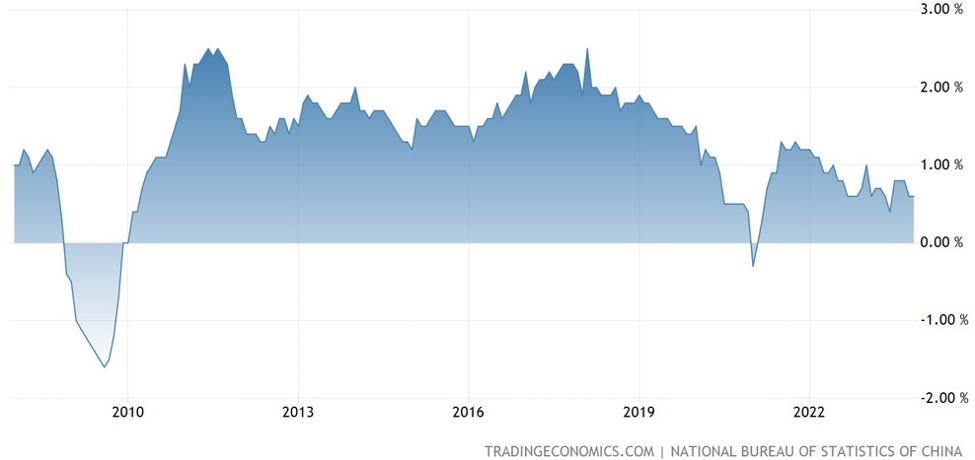Credit Agricole sees the return of the “USD frown”—the relationship between USD and US equity/FI performance—driving near-term USD weakness. But they dismiss fears of a full-blown crisis akin to the UK’s “Truss moment,” citing continued global demand for Treasuries and the USD’s reserve status.
Key Points:
-
USD Selling on Risk Aversion:
Investors are selling USD as US equities weaken and Treasury yields rise, fearing capital outflows and fragility in US fixed income following Moody’s sovereign downgrade. -
Political and Policy Concerns:
Stalled fiscal stimulus talks in Congress and Fed commentary on stagflation risks have amplified worries over the macro backdrop and reinforced the USD’s vulnerability to risk sentiment. -
But No ‘Truss Moment’:
Credit Agricole does not expect a disorderly selloff in US debt akin to the UK gilt crisis under PM Liz Truss. They argue long-end yields may stabilize, especially given the USD and USTs remain global reserve anchors. -
Structural USD Support Intact:
Despite near-term volatility, global demand for USD assets remains resilient, which should cap USD downside, especially against currencies from economies with weaker fundamentals or lower yields.
Conclusion:
While the USD is under pressure from equity and bond market jitters, Credit Agricole sees this as a tactical adjustment rather than a structural shift. The market is not pricing in a systemic credibility shock like the UK faced in 2022, and the USD’s reserve status should limit sustained underperformance.
For bank trade ideas, check out eFX Plus. For a limited time, get a 7 day free trial, basic for $79 per month and premium at $109 per month. Get it here.
ForexLive.com
is evolving into
investingLive.com, a new destination for intelligent market updates and smarter
decision-making for investors and traders alike.















